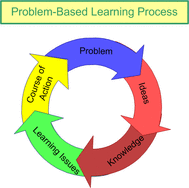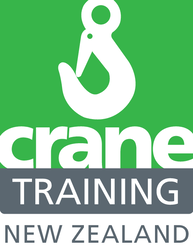|
Problem Based Learning is a methodology for groups of individuals with varying backgrounds to come together and combine their skills to resolve a problem or a project. Is this not what crane operators do every day as they face different and varied issues on the worksite and through collaboration resolve the issues and come up with a plan of action. In 2010, I co-authored a paper called "Collaborative Approach to Interdisciplinary Problem-based Learning in Bahrain". (http://thesocialsciences.com/_uploads/I13_Post-Conf_Program_FINAL.pdf) pg54. The paper was delivered by a colleague at Charles University in Prague at the Eighth Annual Conference on Interdisciplinary Social Sciences. If we look at the way we train today, theory and practical, with information being provided and learning by rote, are we training for the workplace? Problem Based Learning gets a student/trainee to consider what they know that they can be applied to a problem. They then have to consider what they don't know and how they are going to find out out what they need to know to resolve their problem Example: Put a group of New Zealand Certificate in Crane Operations trainees together regardless of their speciality. I.E. Riggers, mobile, overhead cranes, and give them the task of erecting a precast concrete building. Applying theory and practical skills they must come up with a solution that works and meets the assessment criteria. You may get three groups with three different solutions but if the final result is the same each solution is correct.
This form of learning teaches a trainee to think laterally and gives them the character to work collaboratively (team work). Is this something we should be doing through our ITO? Comments are closed.
|
Archives
June 2023
Categories
All
|
|
|
|
NZBN: 9429042812272
The Crane Association of New Zealand (Inc.) has membership or reciprocal membership with the following associations


 RSS Feed
RSS Feed










